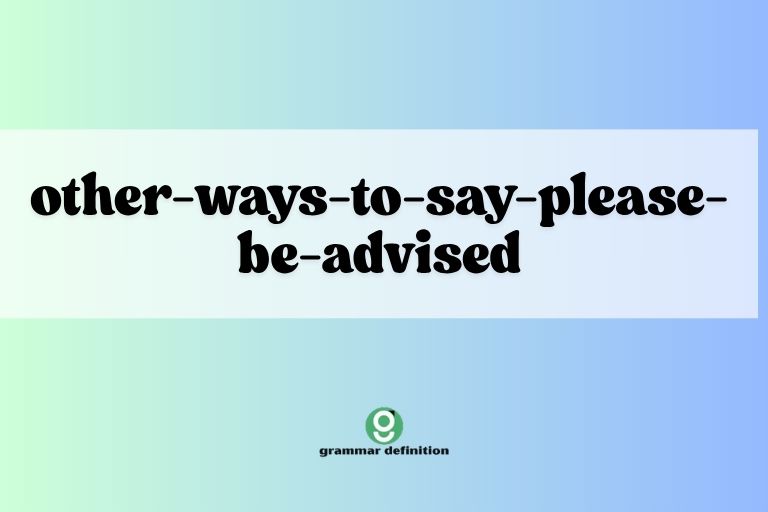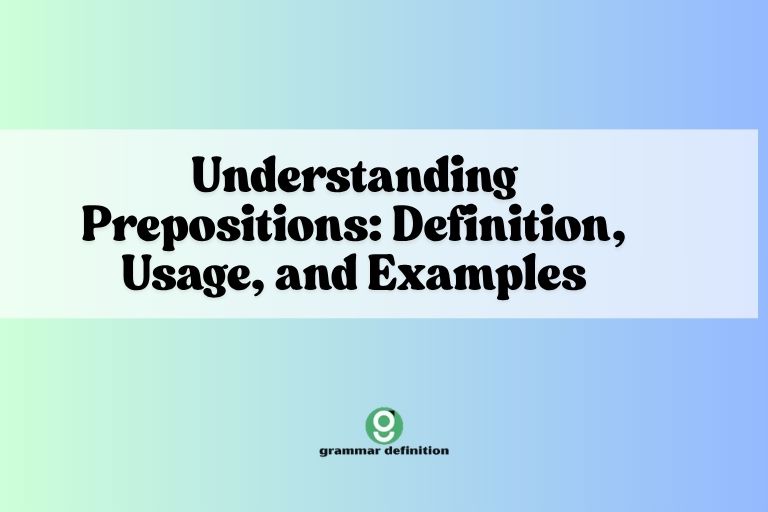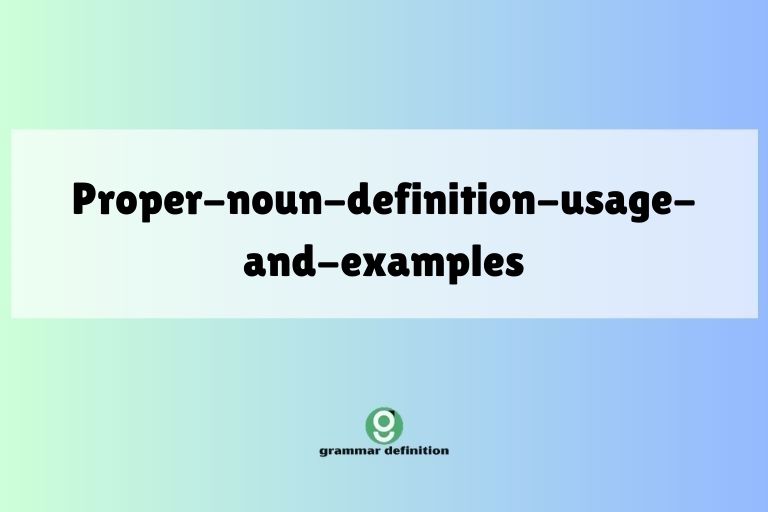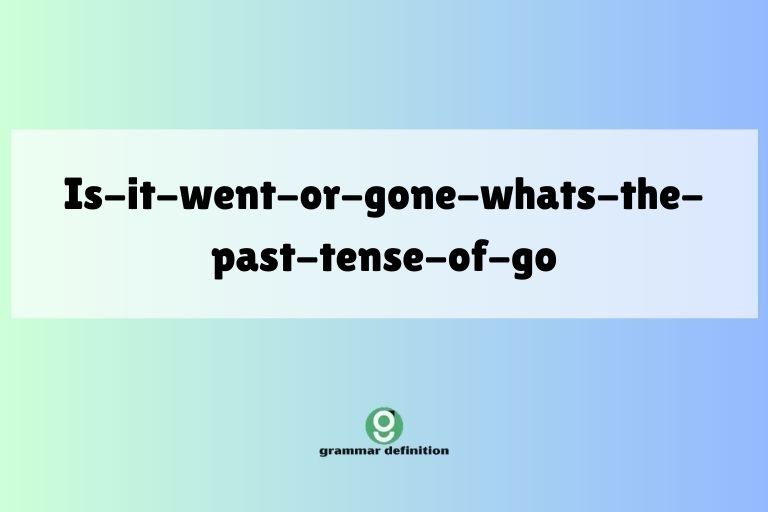Catch, Catched, or Caught: Mastering the Past Tense of Catch
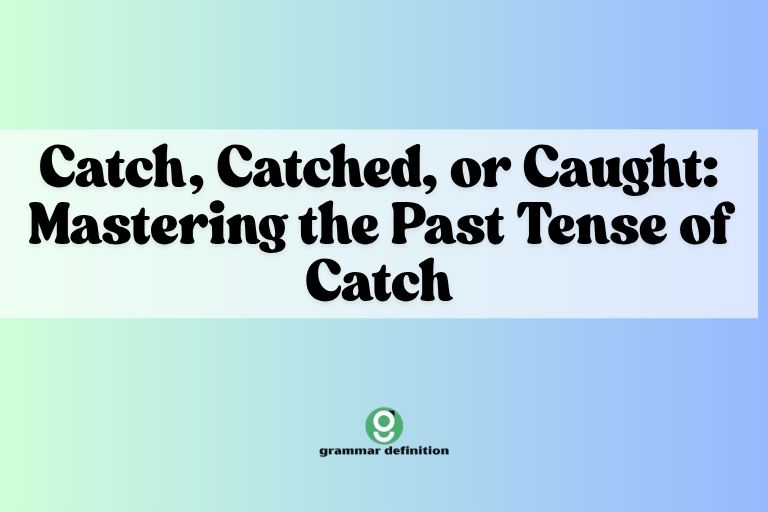
Understanding the correct past tense of irregular verbs like “catch” is crucial for clear and accurate communication in English. Choosing the wrong form can lead to confusion and weaken your message.
This article provides a comprehensive guide to the past tense of “catch,” explaining its proper usage, common mistakes, and offering plenty of examples and practice exercises. Whether you’re a beginner or an advanced learner, this guide will help you confidently use “caught” in your writing and speaking.
This guide is particularly beneficial for English language learners, students preparing for exams, and anyone who wants to improve their grammar skills. By the end of this article, you’ll have a solid understanding of how to use the past tense of “catch” correctly and effectively.
Table of Contents
- Introduction
- Definition of Catch
- Structural Breakdown
- Types and Categories of Catch
- Examples of Caught in Sentences
- Usage Rules for Caught
- Common Mistakes
- Practice Exercises
- Advanced Topics
- FAQ
- Conclusion
Definition of Catch
The verb “catch” means to seize or take hold of something, especially something that is moving through the air. It can also mean to capture or trap, to contract an illness, or to hear or understand something.
“Catch” is an irregular verb, which means its past tense and past participle forms do not follow the standard -ed ending rule. The principal parts of the verb “catch” are:
- Base Form: catch
- Past Simple: caught
- Past Participle: caught
- Present Participle: catching
Understanding the different meanings and forms of “catch” is crucial for using it correctly in various contexts. The past tense form, “caught,” is used to describe actions that were completed in the past.
Structural Breakdown
The verb “catch” follows an irregular pattern of conjugation. Here’s a breakdown of its principal parts and how they are used in different tenses:
Principal Parts
- Base Form (Infinitive): To catch (e.g., I want to catch the ball.)
- Past Simple: Caught (e.g., I caught the ball yesterday.)
- Past Participle: Caught (e.g., I have caught many fish.)
- Present Participle: Catching (e.g., I am catching the ball.)
Conjugation in Simple Tenses
Here’s how “catch” is conjugated in the simple present, simple past, and simple future tenses:
| Tense | Singular | Plural |
|---|---|---|
| Simple Present | I catch, you catch, he/she/it catches | We catch, you catch, they catch |
| Simple Past | I caught, you caught, he/she/it caught | We caught, you caught, they caught |
| Simple Future | I will catch, you will catch, he/she/it will catch | We will catch, you will catch, they will catch |
Conjugation in Perfect Tenses
The perfect tenses use the auxiliary verbs “have,” “has,” or “had” along with the past participle “caught”:
| Tense | Singular | Plural |
|---|---|---|
| Present Perfect | I have caught, you have caught, he/she/it has caught | We have caught, you have caught, they have caught |
| Past Perfect | I had caught, you had caught, he/she/it had caught | We had caught, you had caught, they had caught |
| Future Perfect | I will have caught, you will have caught, he/she/it will have caught | We will have caught, you will have caught, they will have caught |
These tables illustrate the correct conjugation of “catch” in different tenses. Remember that “caught” is the correct past simple and past participle form.
Types and Categories of Catch
The verb “catch” can be categorized based on its different meanings and contexts. Here are a few key categories:
1. Physical Capture
This refers to the act of seizing something physically, often something in motion.
- Catching a ball
- Catching a fish
- Catching a thief
2. Contracting Illness
This refers to becoming infected with a disease or illness.
- Catching a cold
- Catching the flu
- Catching a virus
3. Understanding or Hearing
This refers to comprehending something or hearing it clearly.
- Catching someone’s drift
- Catching a word or phrase
- Catching the meaning of something
4. Unexpectedly Finding Someone
This refers to finding someone in a place or doing something they shouldn’t be.
- Catching someone off guard
- Catching someone in the act
- Catching someone by surprise
Understanding these different categories can help you use “catch” and its past tense “caught” more precisely.
Examples of Caught in Sentences
Here are numerous examples of “caught” used in various contexts, categorized for clarity.
Examples of Physical Capture
These examples demonstrate the usage of “caught” when referring to physically seizing something.
| Sentence | Context |
|---|---|
| I caught the ball during the game. | Sports |
| She caught a glimpse of the bird before it flew away. | Observation |
| The police caught the thief red-handed. | Law enforcement |
| He caught the falling vase just in time. | Accident prevention |
| We caught several fish on our fishing trip. | Recreation |
| The cat caught a mouse in the garden. | Nature |
| She caught the bouquet at the wedding. | Celebration |
| He caught the frisbee with ease. | Outdoor activity |
| They caught the escaped prisoner near the border. | Law enforcement |
| I caught my reflection in the mirror. | Observation |
| She caught sight of her friend in the crowd. | Observation |
| The goalkeeper caught the penalty kick. | Sports |
| He caught a cold from his little brother. | Health |
| We caught the last train home. | Transportation |
| She caught a chill after being out in the rain. | Health |
| The net caught several leaves blowing in the wind. | Nature |
| I caught my finger in the door. | Accident |
| She caught the keys as he tossed them. | Everyday action |
| He caught sight of the deer in the woods. | Nature |
| They caught the culprit who vandalized the building. | Law enforcement |
| I caught the bouquet at my friend’s wedding. | Celebration |
| The camera caught the entire scene. | Technology |
| She caught her breath after running up the stairs. | Physical exertion |
| He caught the fly with a swift movement. | Household action |
| They caught the error in the final report. | Office work |
| I caught the hint that she was leaving. | Understanding |
| She caught the rhythm of the music. | Understanding |
| He caught my eye from across the room. | Observation |
Examples of Contracting Illness
These examples illustrate the use of “caught” when referring to becoming sick.
| Sentence | Context |
|---|---|
| I caught a cold from my sister. | Health |
| She caught the flu during the winter. | Health |
| He caught a virus at school. | Health |
| They caught chickenpox as children. | Health |
| We caught a stomach bug on vacation. | Health |
| She caught a nasty cough last week. | Health |
| He caught an infection after the surgery. | Health |
| They caught a fever during their trip abroad. | Health |
| I caught a bad case of the sniffles. | Health |
| She caught a skin rash from the plants. | Health |
| He caught a headache after staring at the screen all day. | Health |
| They caught a chill being out in the cold. | Health |
| I caught a sunburn at the beach. | Health |
| She caught a sore throat from singing too much. | Health |
| He caught athlete’s foot at the gym. | Health |
| They caught a case of food poisoning. | Health |
| I caught a muscle cramp while swimming. | Health |
| She caught a spider bite while gardening. | Health |
| He caught a case of the hiccups. | Health |
| They caught a wave of excitement. | Emotions |
| I caught a glimpse of the future. | Figurative |
| She caught the essence of the moment. | Figurative |
| He caught the attention of the audience. | Figurative |
| They caught the tail end of the conversation. | Figurative |
| I caught the spirit of the holidays. | Figurative |
| She caught the mood of the crowd. | Figurative |
| He caught the bug for traveling. | Figurative |
Examples of Understanding or Hearing
These examples demonstrate “caught” used in the context of comprehension.
| Sentence | Context |
|---|---|
| I caught what you said about the meeting. | Communication |
| She caught the gist of the argument. | Understanding |
| He caught on to the joke immediately. | Understanding |
| They caught the hidden meaning in the poem. | Interpretation |
| We caught the subtle nuances of the film. | Interpretation |
| She caught the speaker’s main point. | Understanding |
| He caught the drift of the conversation. | Understanding |
| They caught the irony in his statement. | Understanding |
| I caught every word of her speech. | Communication |
| She caught the underlying message. | Interpretation |
| He caught the rhythm of the song. | Understanding |
| They caught the significance of the event. | Understanding |
| I caught the reference in the book. | Understanding |
| She caught the humor in the situation. | Understanding |
| He caught the double meaning of the phrase. | Understanding |
| They caught the implication of his words. | Understanding |
| I caught the warning in her tone. | Understanding |
| She caught the essence of the problem. | Understanding |
| He caught the spirit of the game. | Understanding |
| They caught the mood of the crowd. | Understanding |
| I caught a glimpse of hope. | Figurative |
| She caught the train just before it departed. | Transportation |
| He caught a lucky break in his career. | Luck |
| They caught a moment of peace and quiet. | Relaxation |
| I caught a chill in the evening air. | Weather |
| She caught a glimpse of her future. | Figurative |
These examples provide a comprehensive overview of how “caught” is used in various contexts, reinforcing its correct usage in different situations.
Usage Rules for Caught
The correct usage of “caught” is essential for clear and accurate communication. Here are the key rules to follow:
1. Past Simple Tense
Use “caught” to describe actions that were completed in the past. This is the most common usage.
Example: I caught the bus this morning.
2. Past Participle with Auxiliary Verbs
Use “caught” as the past participle with auxiliary verbs like “have,” “has,” and “had” to form perfect tenses.
Example: I have caught many fish in my life.
3. Passive Voice
Use “caught” in passive voice constructions with forms of the verb “be.”
Example: The thief was caught by the police.
4. Correct Spelling
Ensure you spell “caught” correctly. It is often confused with “cot” or “court,” which have different meanings.
5. Avoid Using “Catched”
“Catched” is not a correct form. Always use “caught” for both the past simple and past participle forms.
Common Mistakes
One of the most common mistakes is using “catched” instead of “caught.” Here are some examples of incorrect and correct usage:
| Incorrect | Correct |
|---|---|
| I catched the ball. | I caught the ball. |
| He has catched a cold. | He has caught a cold. |
| She catched the thief. | She caught the thief. |
| They had catched the train. | They had caught the train. |
| We were catched in the rain. | We were caught in the rain. |
Another common mistake is confusing “caught” with other similar-sounding words. Always double-check your spelling and context to ensure you’re using the correct word.
Practice Exercises
Test your understanding with these practice exercises. Fill in the blanks with the correct form of “catch” (caught).
Exercise 1: Simple Past Tense
| Question | Answer |
|---|---|
| 1. Yesterday, I ______ a glimpse of my favorite celebrity. | caught |
| 2. The police ______ the suspect after a long chase. | caught |
| 3. She ______ the bouquet at her friend’s wedding. | caught |
| 4. We ______ the last bus home. | caught |
| 5. He ______ a cold from his little brother. | caught |
| 6. I ______ the ball during the baseball game. | caught |
| 7. The fisherman ______ a large tuna. | caught |
| 8. She ______ her reflection in the mirror. | caught |
| 9. They ______ the thief red-handed. | caught |
| 10. He ______ the falling glass of water before it hit the floor. | caught |
Exercise 2: Past Participle (Perfect Tenses)
| Question | Answer |
|---|---|
| 1. I have ______ a lot of fish in my life. | caught |
| 2. She has ______ the flu twice this year. | caught |
| 3. They had ______ the train before it left the station. | caught |
| 4. We have ______ all the Pokémon in the game. | caught |
| 5. He has ______ the attention of everyone in the room. | caught |
| 6. I had ______ a glimpse of the sunset before the clouds rolled in. | caught |
| 7. She has ______ every episode of her favorite TV show. | caught |
| 8. They have ______ the thief who robbed the bank. | caught |
| 9. We have ______ a cold more than once this winter. | caught |
| 10. He has ______ on to my plan. | caught |
Exercise 3: Mixed Tenses and Contexts
| Question | Answer |
|---|---|
| 1. Last night, I ______ a mouse in the kitchen. | caught |
| 2. She has ______ a bad cold this winter. | caught |
| 3. They ______ the thief trying to escape. | caught |
| 4. I have never ______ such a big fish before. | caught |
| 5. He ______ the ball and threw it to first base. | caught |
| 6. She ______ the last train leaving the station. | caught |
| 7. The police ______ the suspect after a high-speed chase. | caught |
| 8. Have you ever ______ a glimpse of a shooting star? | caught |
| 9. He ______ the flu from his classmate. | caught |
| 10. We ______ the culprit vandalizing the property. | caught |
Advanced Topics
For advanced learners, exploring idiomatic expressions and nuanced usages of “catch” can further enhance your understanding.
1. Idiomatic Expressions
- Catch someone’s eye: To attract someone’s attention. (Example: The painting caught my eye.)
- Catch someone off guard: To surprise someone. (Example: The question caught him off guard.)
- Catch a break: To get a lucky opportunity. (Example: I finally caught a break in my career.)
- Catch some Z’s: To sleep. (Example: I need to catch some Z’s.)
2. Nuanced Usages
- Catching feelings: Developing romantic feelings for someone. (Example: I’m starting to catch feelings for her.)
- Catching on: Beginning to understand something. (Example: He’s finally catching on to the plan.)
Understanding these advanced topics can help you use “catch” more naturally and effectively in various contexts.
FAQ
Here are some frequently asked questions about the past tense of “catch”:
- Is “catched” ever correct?
No, “catched” is never the correct past tense or past participle of “catch.” The correct forms are always “caught.” - When should I use “caught”?
Use “caught” as the past simple tense to describe actions completed in the past (e.g., “I caught the ball yesterday”) and as the past participle in perfect tenses (e.g., “I have caught many fish”). - How do I remember that “caught” is the correct form?
Practice using “caught” in sentences and familiarize yourself with its usage in various contexts. Regular practice will help you internalize the correct form. - What are some common mistakes to avoid?
Avoid using “catched” and be mindful of spelling “caught” correctly. Also, ensure you use “caught” in the appropriate tense and context. - Can “catch” be used in the continuous tense?
Yes, the present participle “catching” is used in continuous tenses (e.g., “I am catching the ball”). - Is “caught” used in passive voice?
Yes, “caught” is used in passive voice constructions (e.g., “The thief was caught by the police”). - How can I improve my understanding of irregular verbs like “catch”?
Study lists of irregular verbs, practice using them in sentences, and pay attention to their usage in written and spoken English. - Are there any regional variations in the usage of “catch”?
While “caught” is the standard form, some regional dialects may have variations, but it’s best to stick to the standard form for clarity and correctness.
Conclusion
Mastering the past tense of irregular verbs like “catch” is essential for effective communication in English. Remember that “caught” is the correct past simple and past participle form, and avoid using “catched.” By understanding the different meanings and contexts of “catch,” practicing its usage, and avoiding common mistakes, you can confidently use “caught” in your writing and speaking.
Continue practicing with various exercises and real-life examples to solidify your understanding. Consistent practice and attention to detail will help you improve your grammar skills and communicate more effectively.
With dedication and effort, you can master the nuances of English grammar and achieve fluency.

